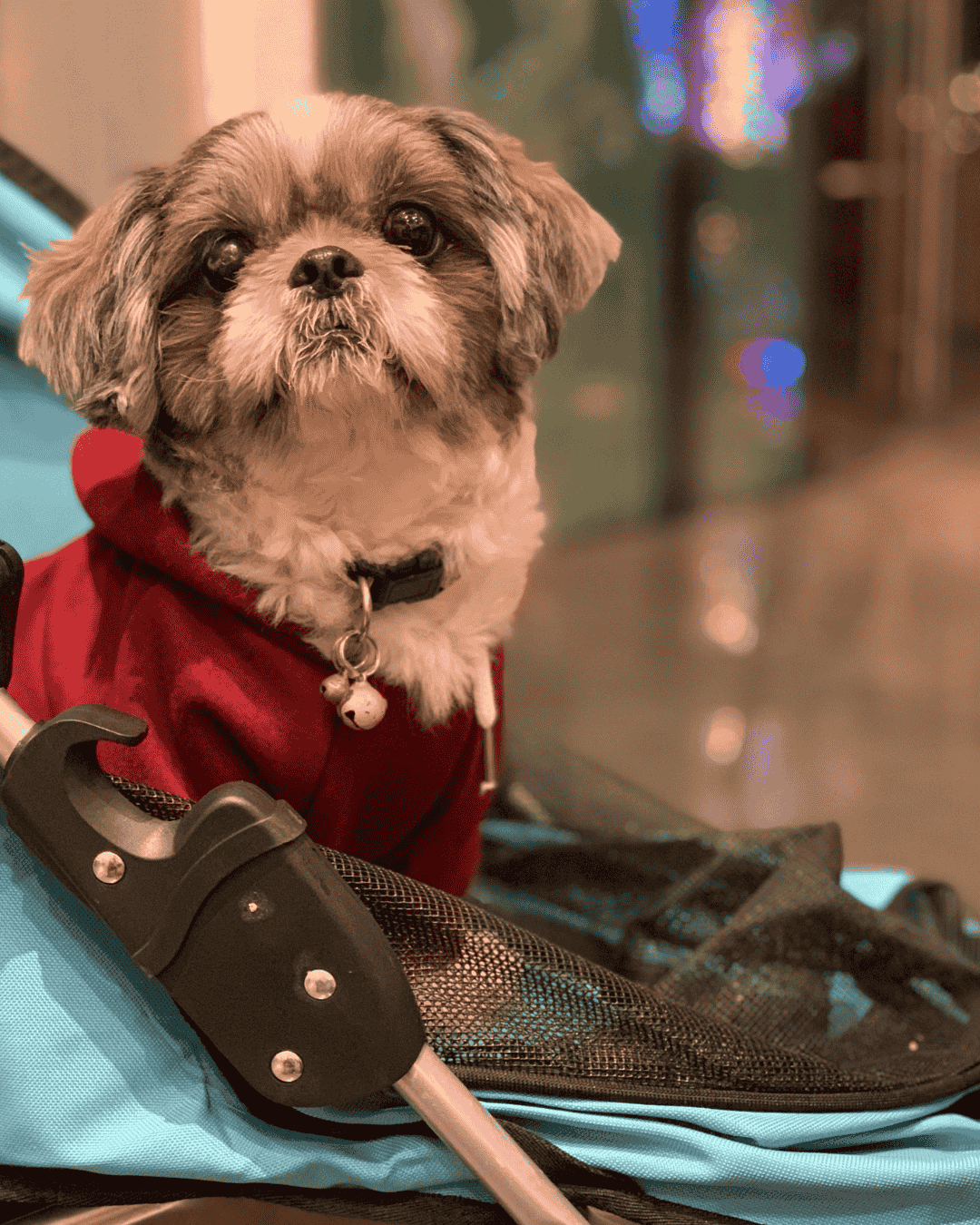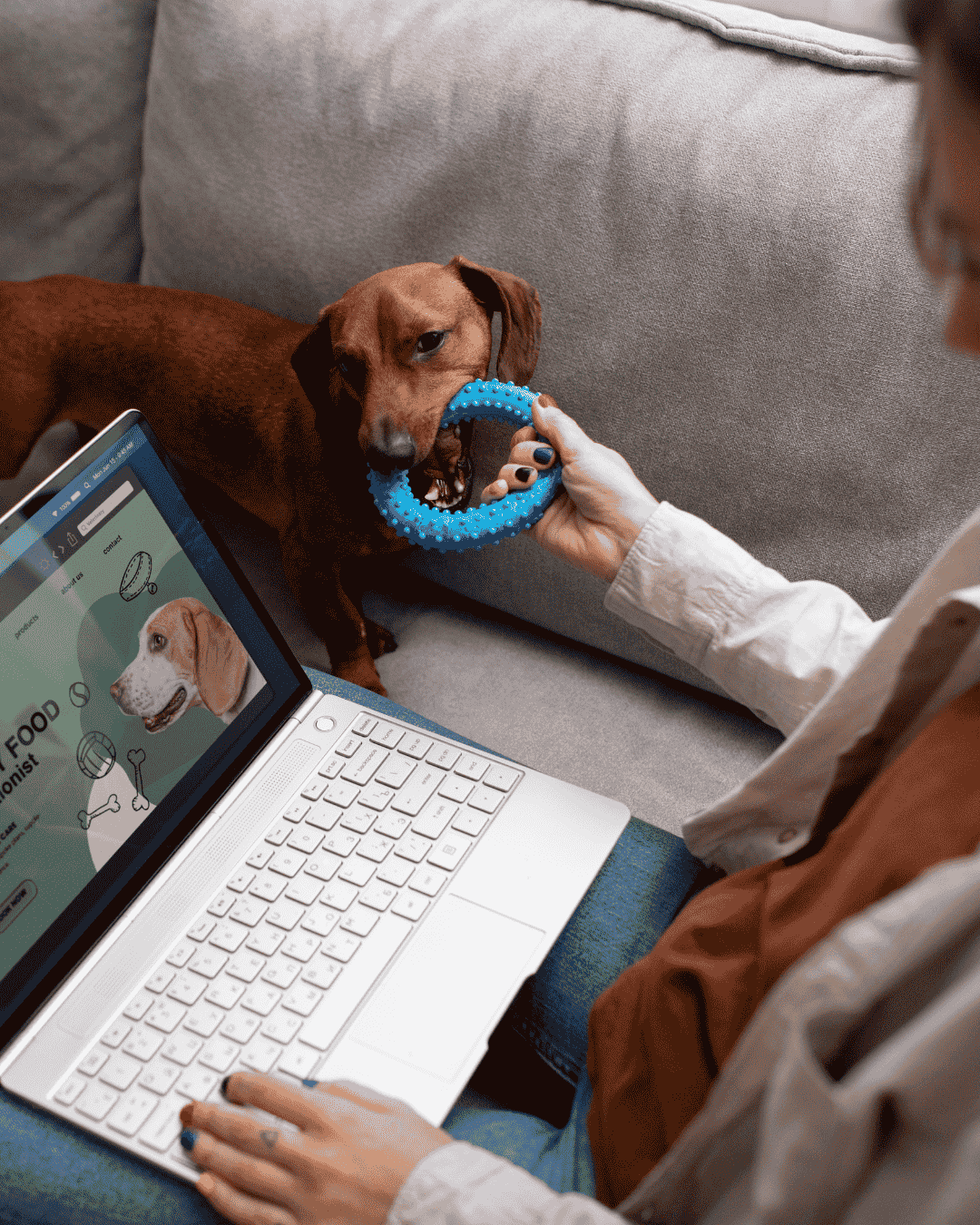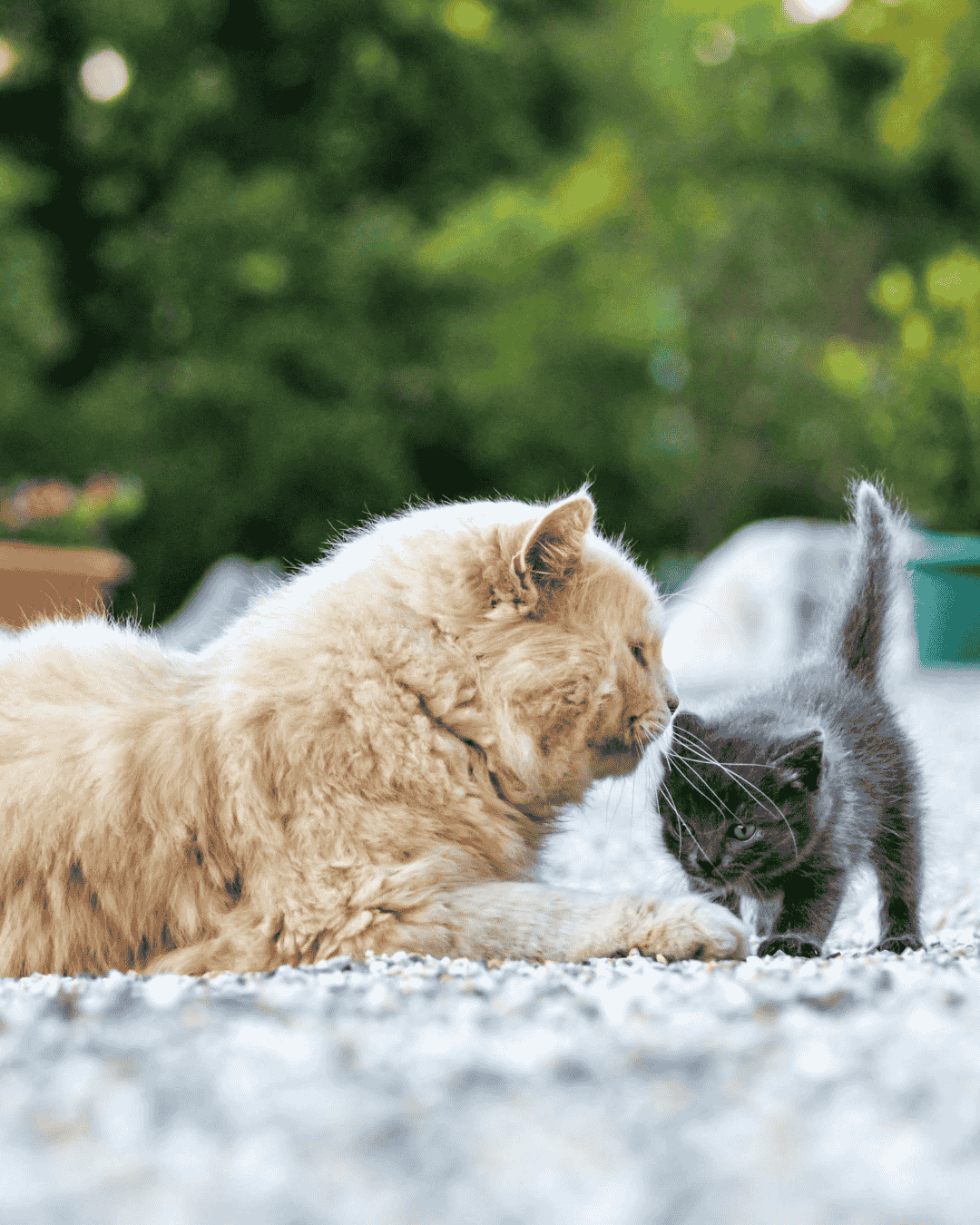Not all puppies have the same kind of fur – and that means not all puppies need the same kind of grooming. From fluffy doodles to sleek short-hairs, knowing your pup’s coat type helps you build the perfect grooming routine early on.
Let’s break down the main puppy coat types and how to keep each one healthy, shiny, and mat-free.
🐶 1. Smooth or Short Coats
Breeds: Beagle, Boxer, Dachshund, Frenchie
These pups are low-maintenance:
- Brush 1–2 times a week with a rubber grooming mitt
- Check for dryness or flakiness
- Bathe every 4–6 weeks or as needed
Smooth coats shed year-round, so regular brushing helps keep your home hair-free!
Related: Dog Grooming Hygiene Guide
🐾 2. Double Coats (Undercoat + Topcoat)
Breeds: Golden Retriever, German Shepherd, Husky
Fluffy but sneaky – these coats shed seasonally and tangle if ignored:
- Use a slicker brush and undercoat rake
- Brush 2–3 times weekly, daily during shedding season
- Bathe every 6–8 weeks
Never shave double-coated breeds – it can damage the coat permanently.
✂️ 3. Curly or Wavy Coats
Breeds: Poodle, Doodle mixes, Bichon Frise
Gorgeous? Yes. High-maintenance? Also yes.
- Daily brushing with a pin brush or slicker
- Watch for matting in armpits, ears, and tail
- Schedule professional grooming every 4–6 weeks
Tip: How to Groom Small Breeds Like a Pro
🧼 4. Wire Coats
Breeds: Terrier types (Westie, Schnauzer)
Wire coats are coarse and textured:
- Brush weekly with a slicker brush
- Use stripping tools or schedule hand-stripping for show dogs
- Trim regularly to avoid overgrowth and itchiness
Explore: Grooming Tips by Dog Breed
🐕 Why Coat Type Matters
Understanding your puppy’s coat helps with:
- Choosing the right tools (brushes, shampoos)
- Preventing painful matting
- Knowing when to groom or book a pro
- Building early grooming habits that stick
🐾 Professional Puppy Grooming in Mississauga
Our groomers at PawBasic are trained in every coat type – from doodle pups to double-coated floofs. We make grooming fun and fear-free, even for first-timers.
📍 Visit us in Cooksville, Mississauga at 18 King St E
➡️ See what other puppy parents are saying
Already love us? Leave a quick review to help other local pet parents find us.
🐾 Book a Coat-Type Friendly Grooming Session Today
We’ll handle the fur – so you can focus on the tail wags.




